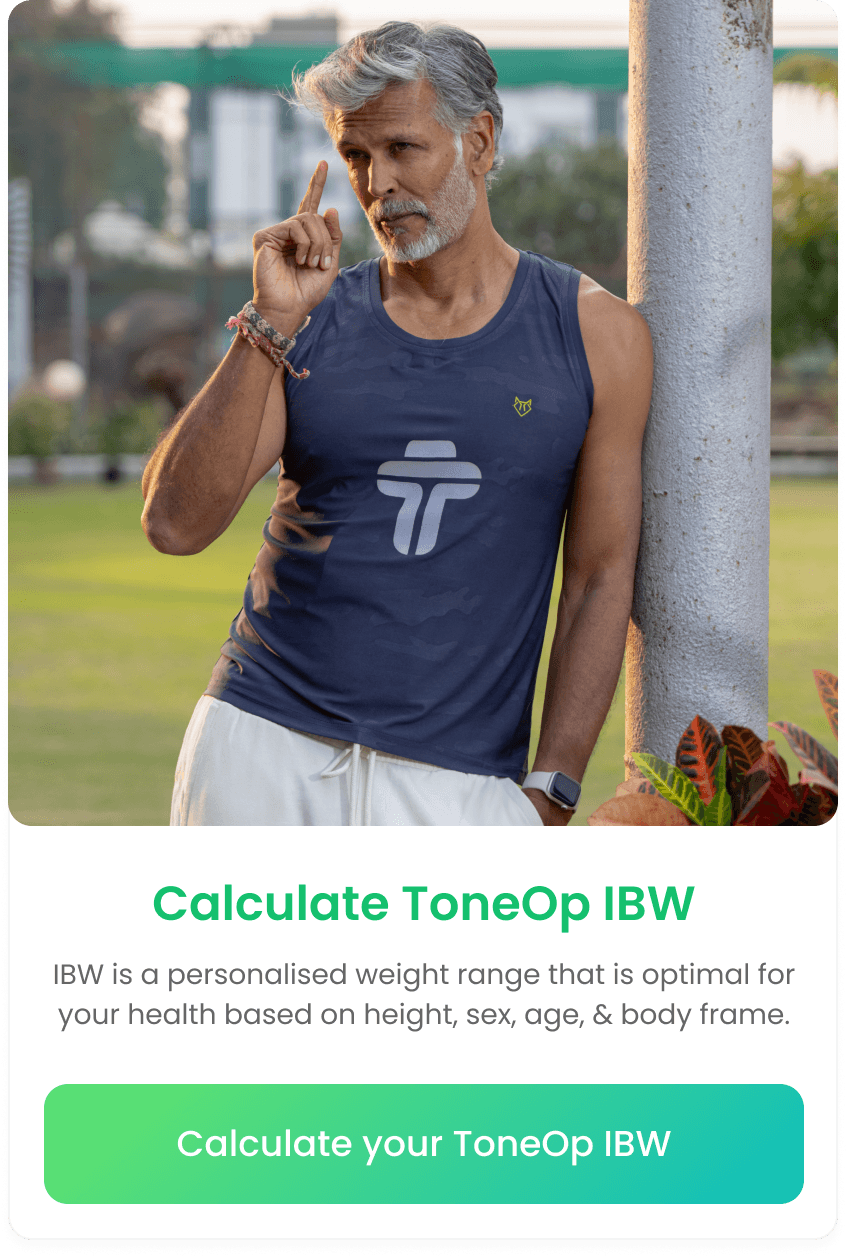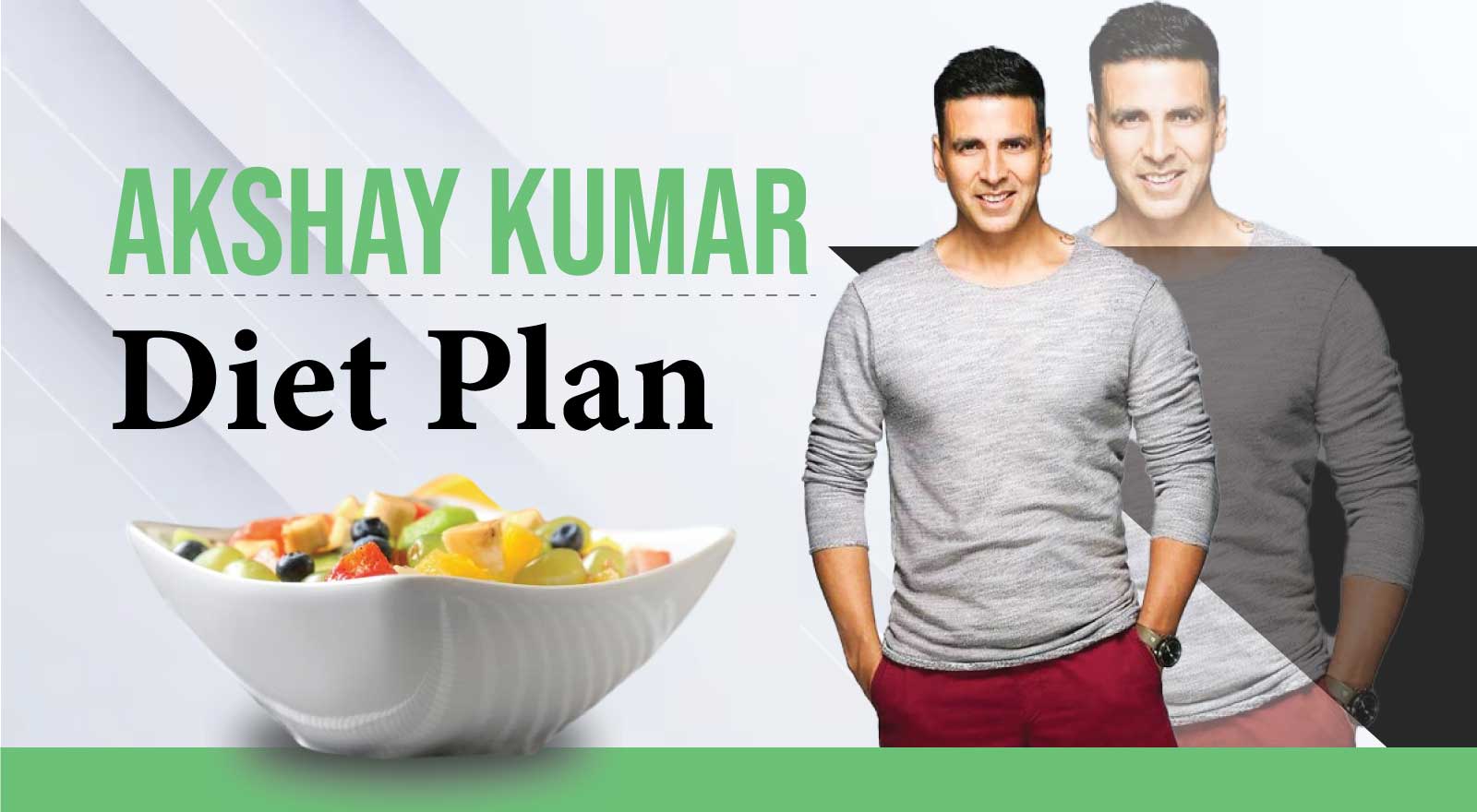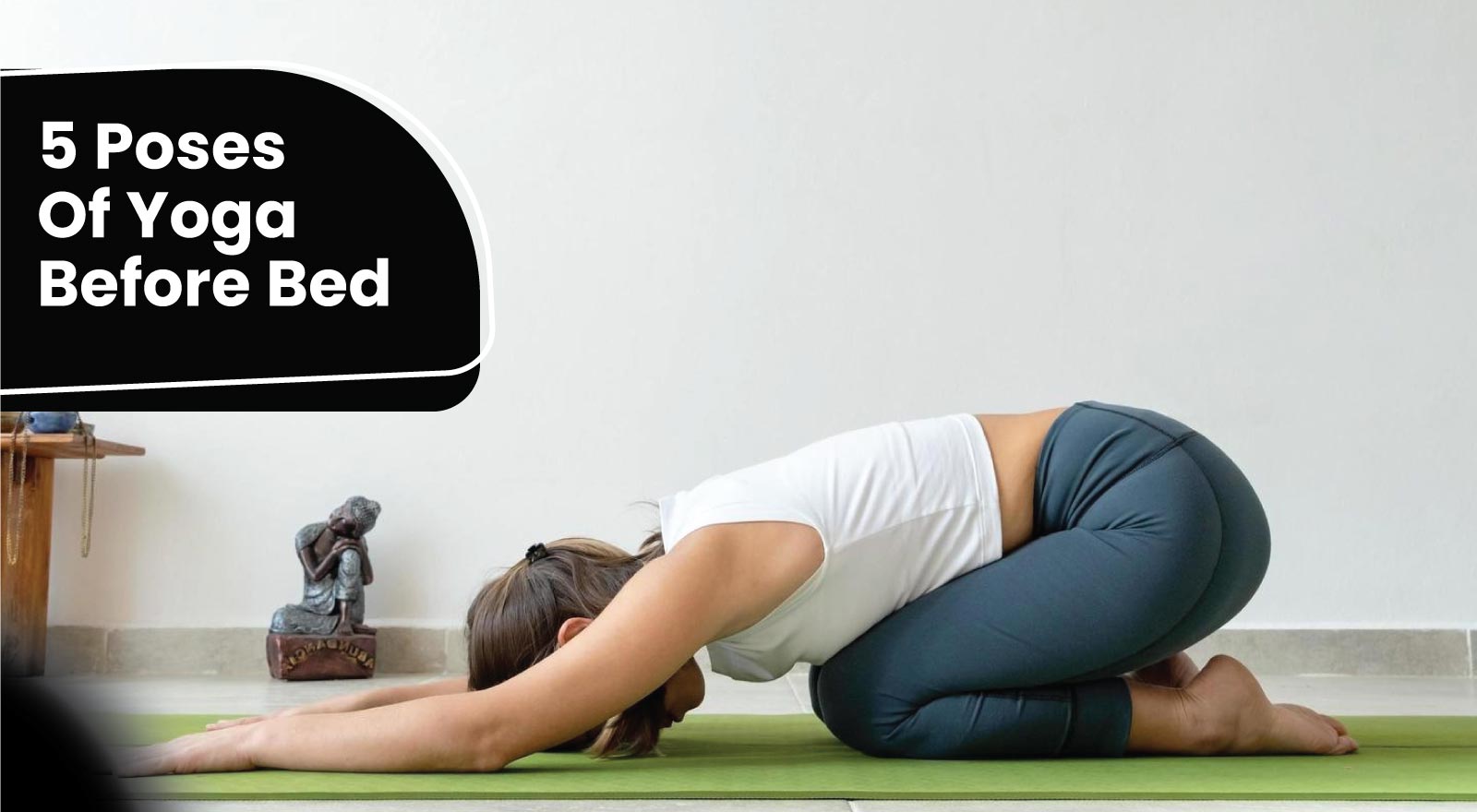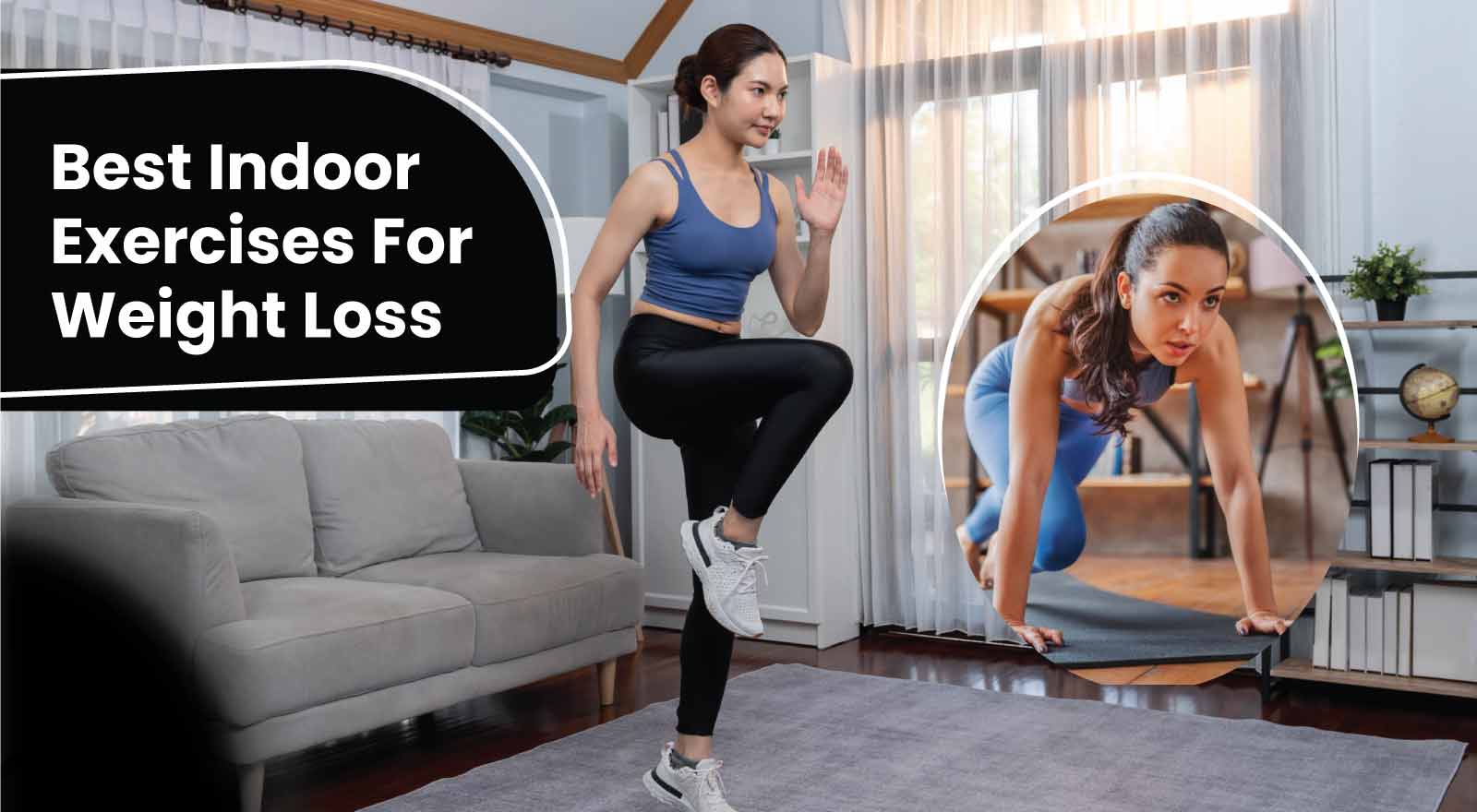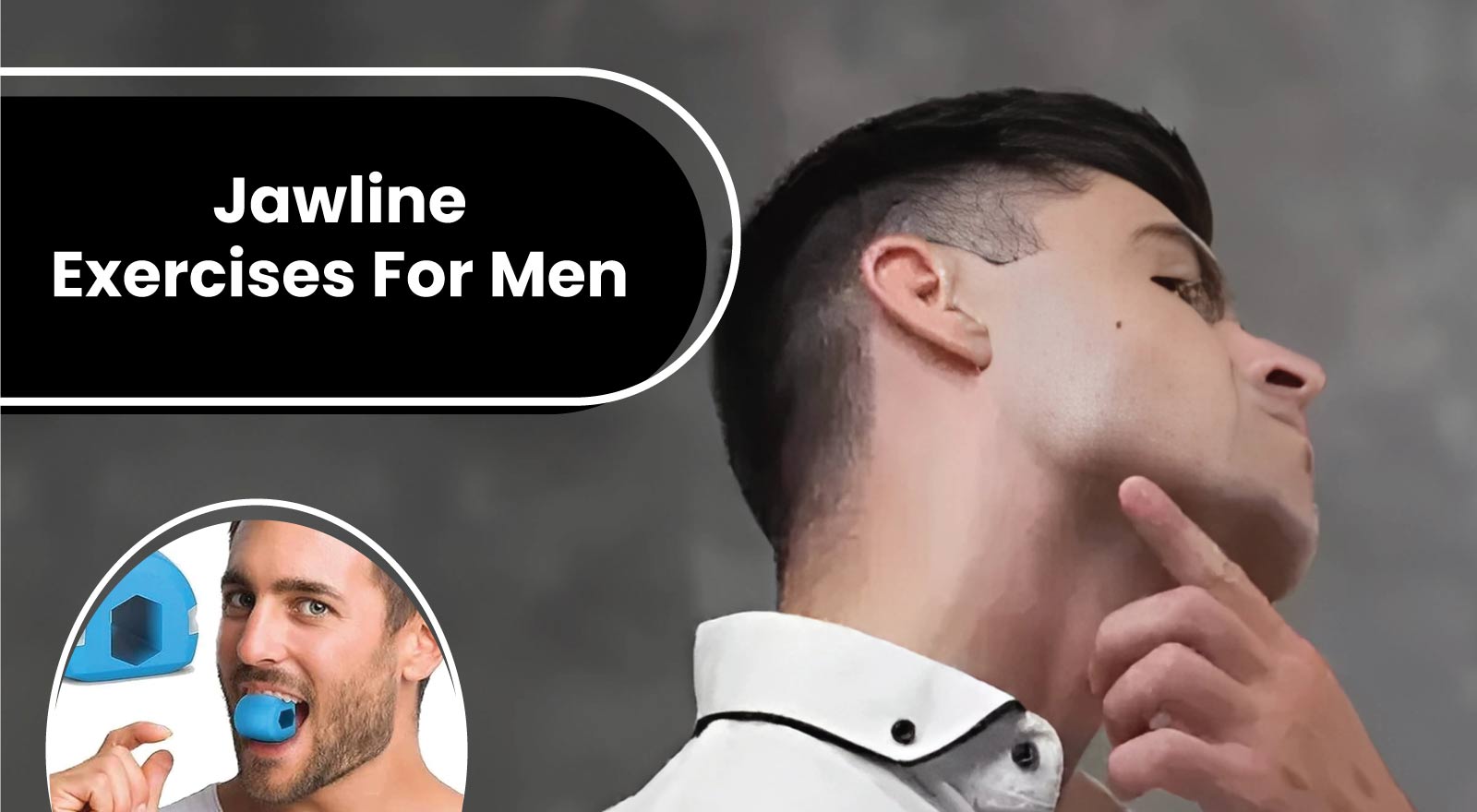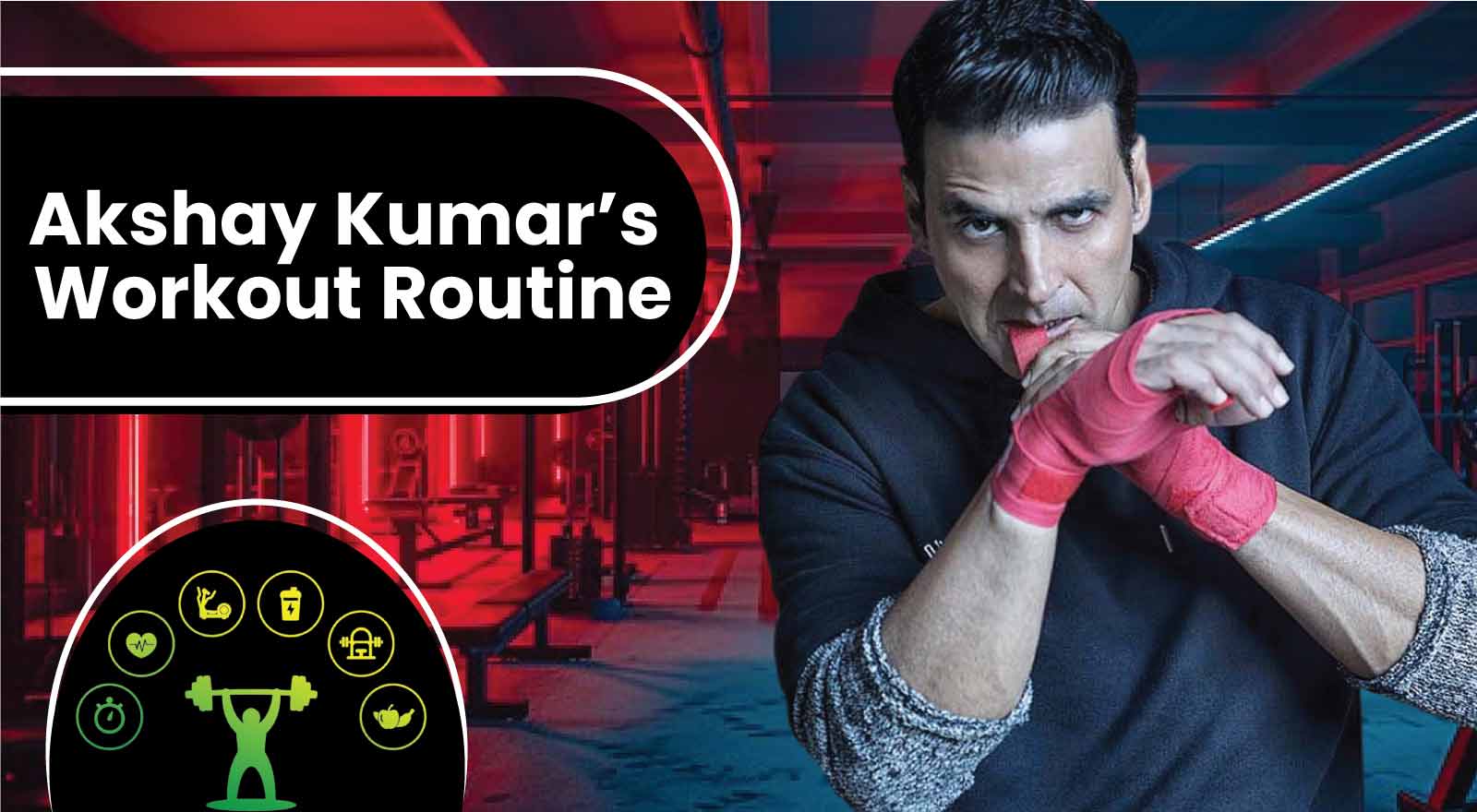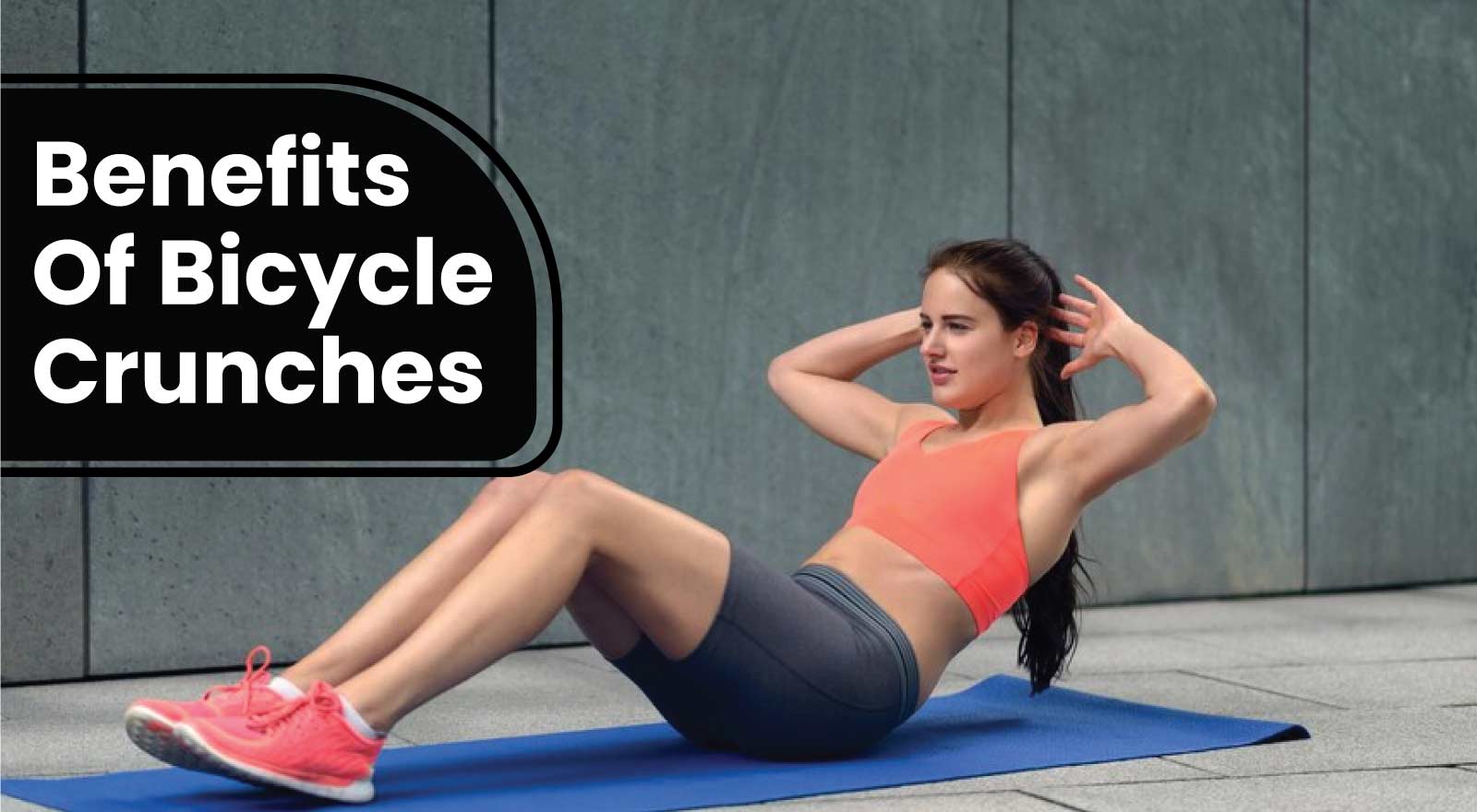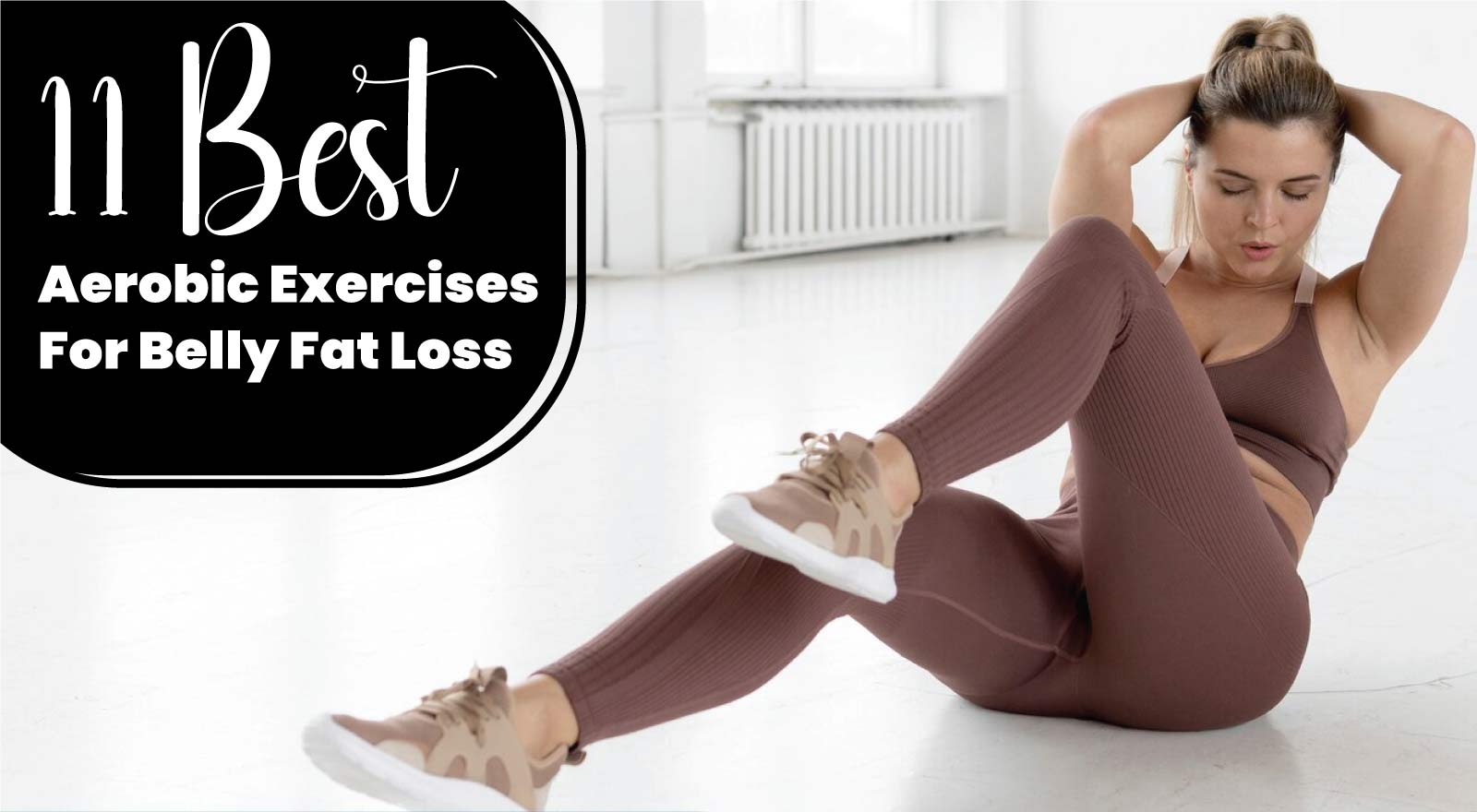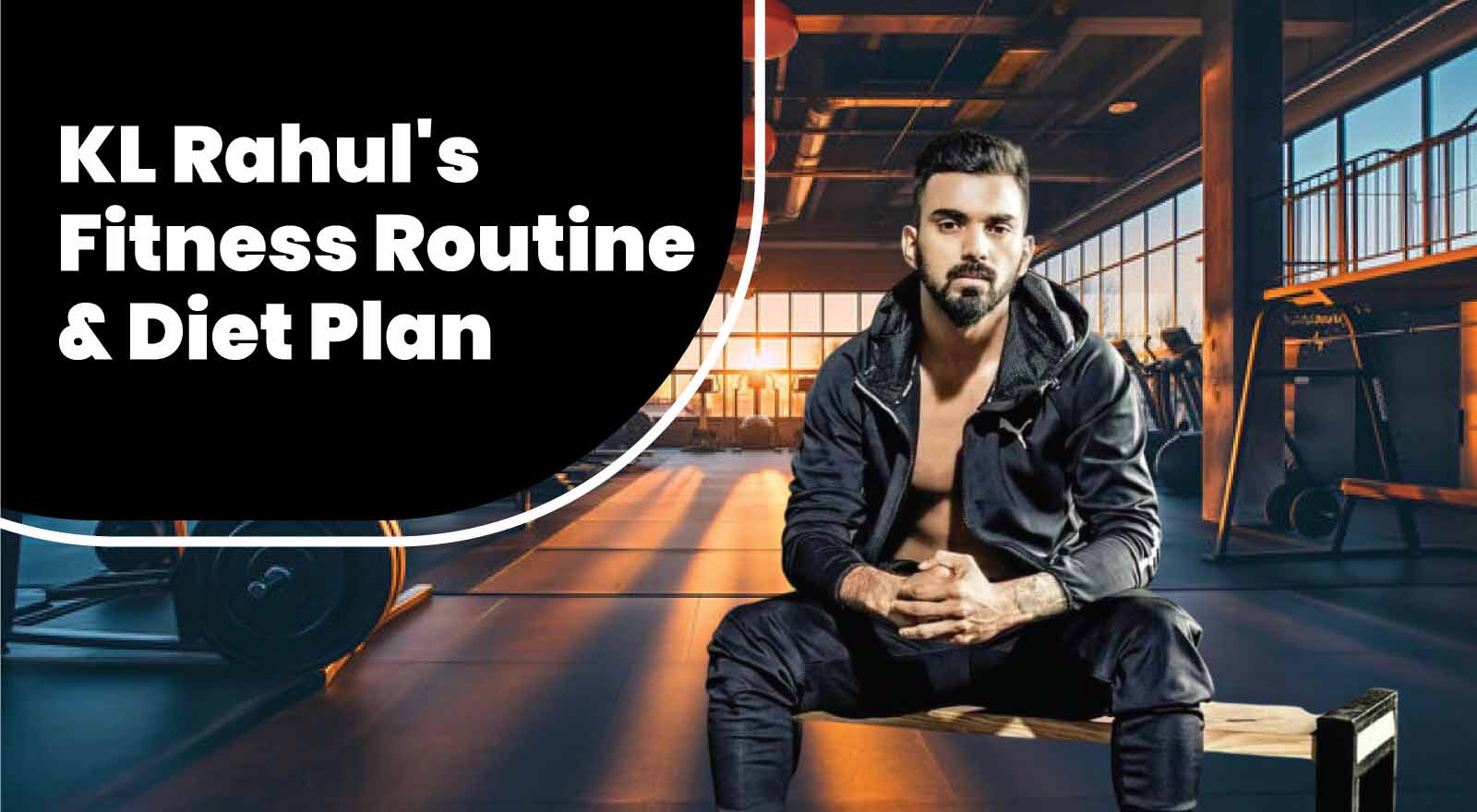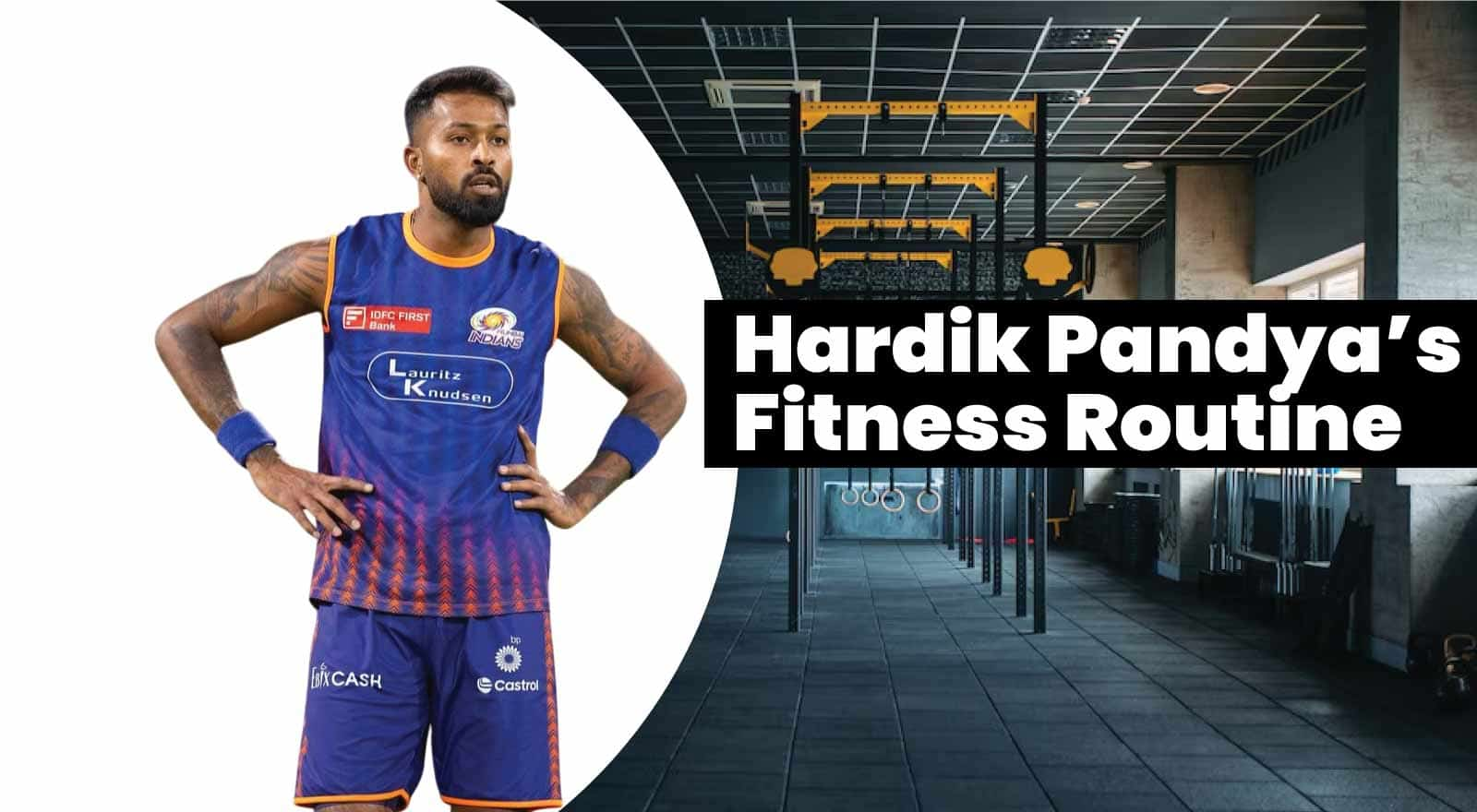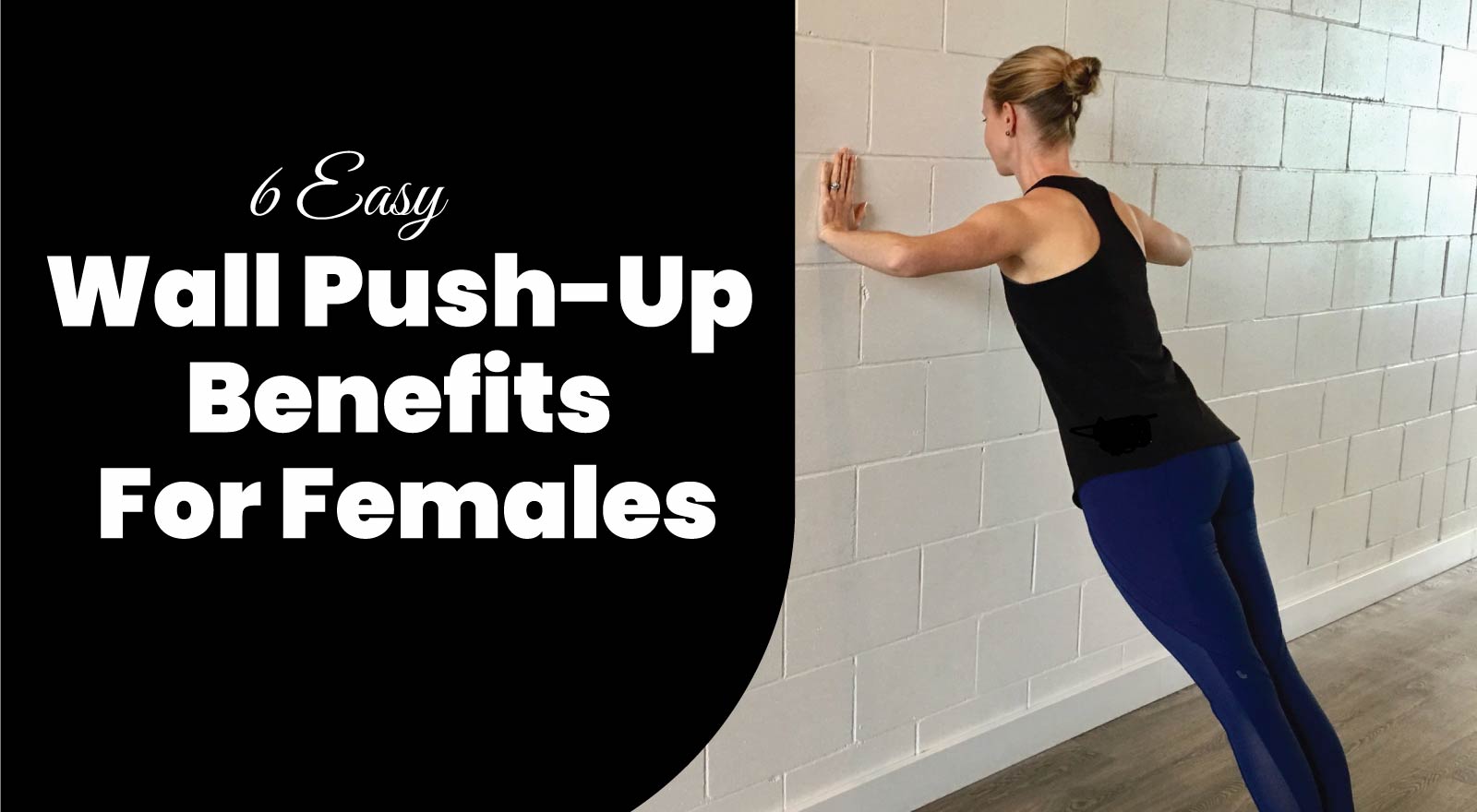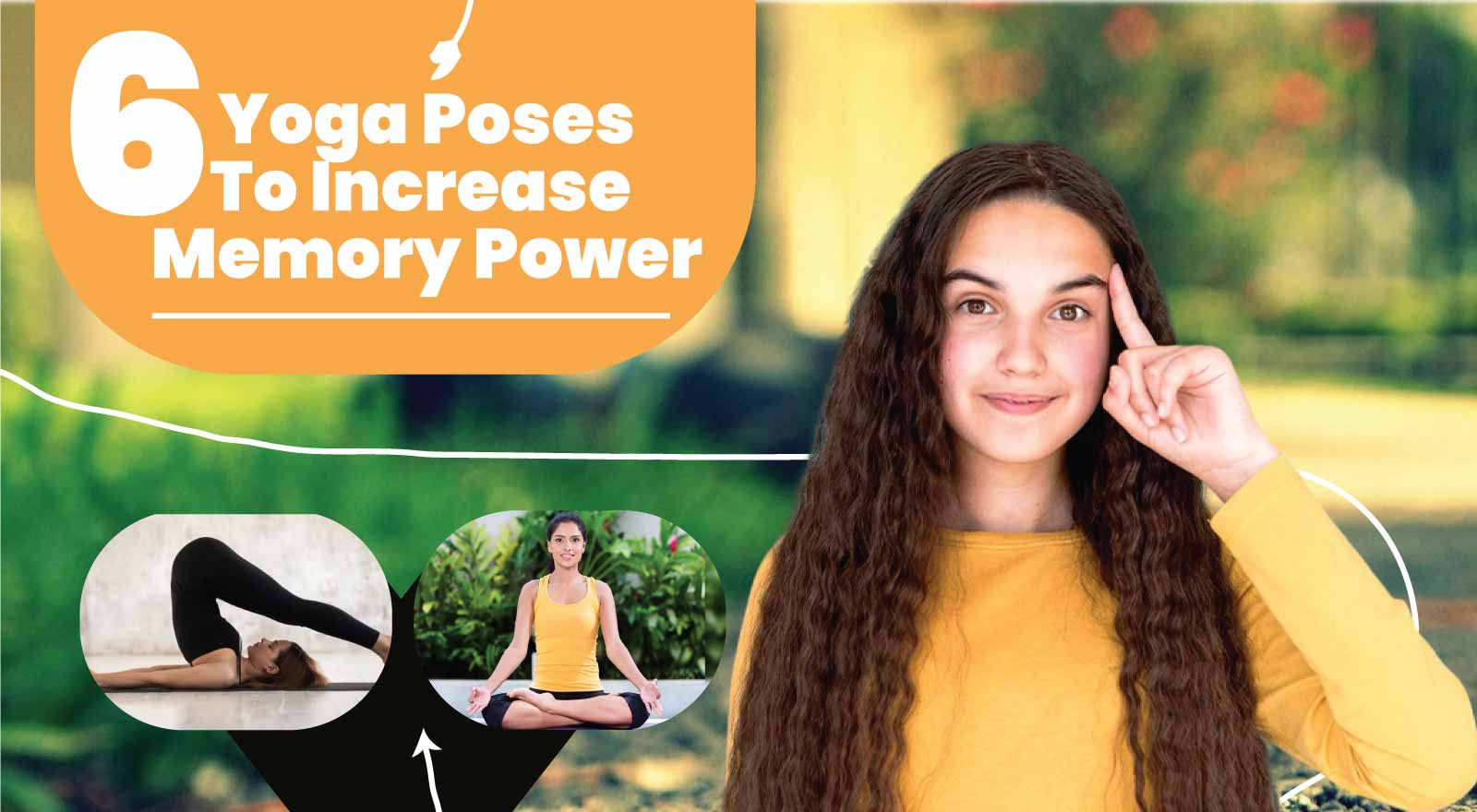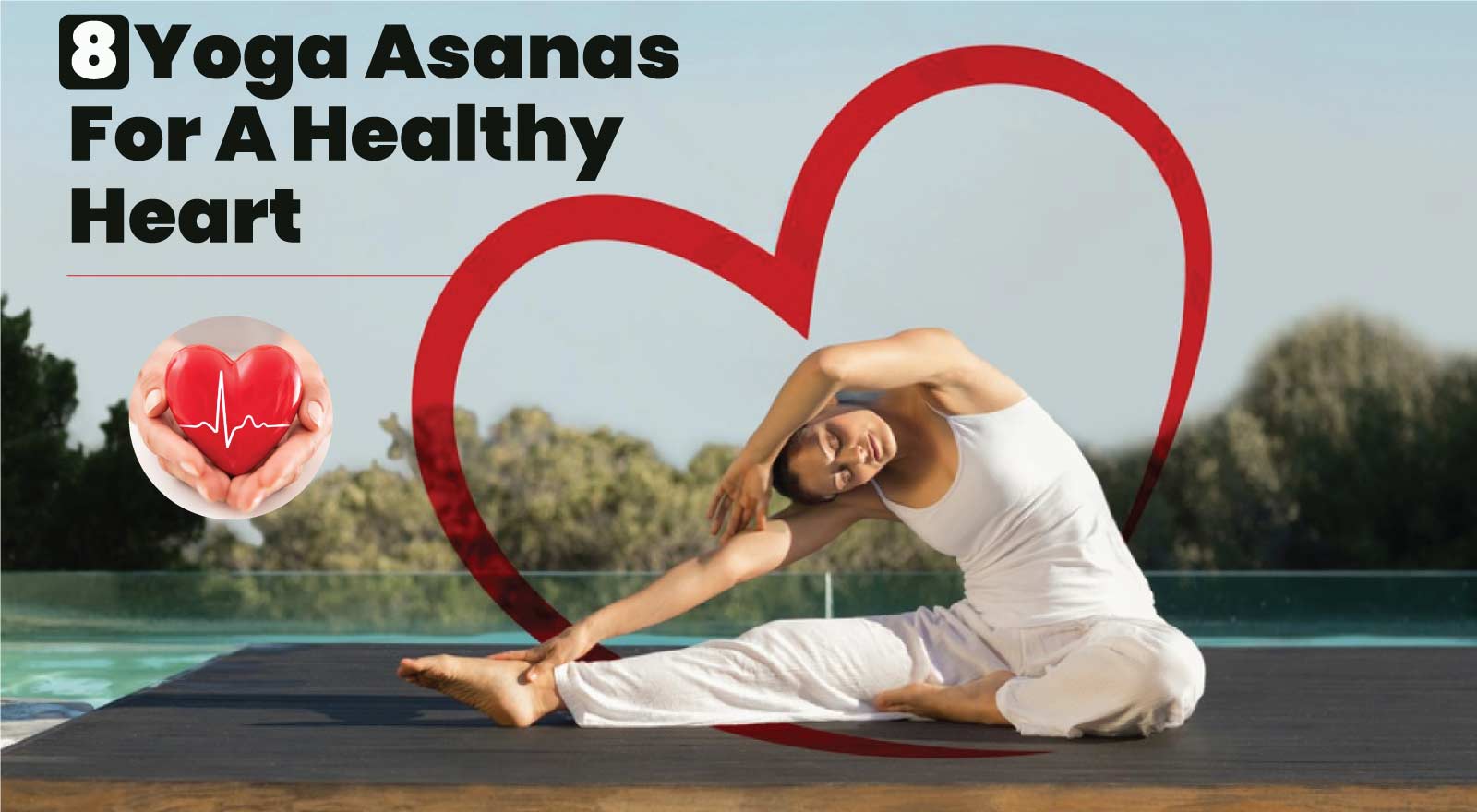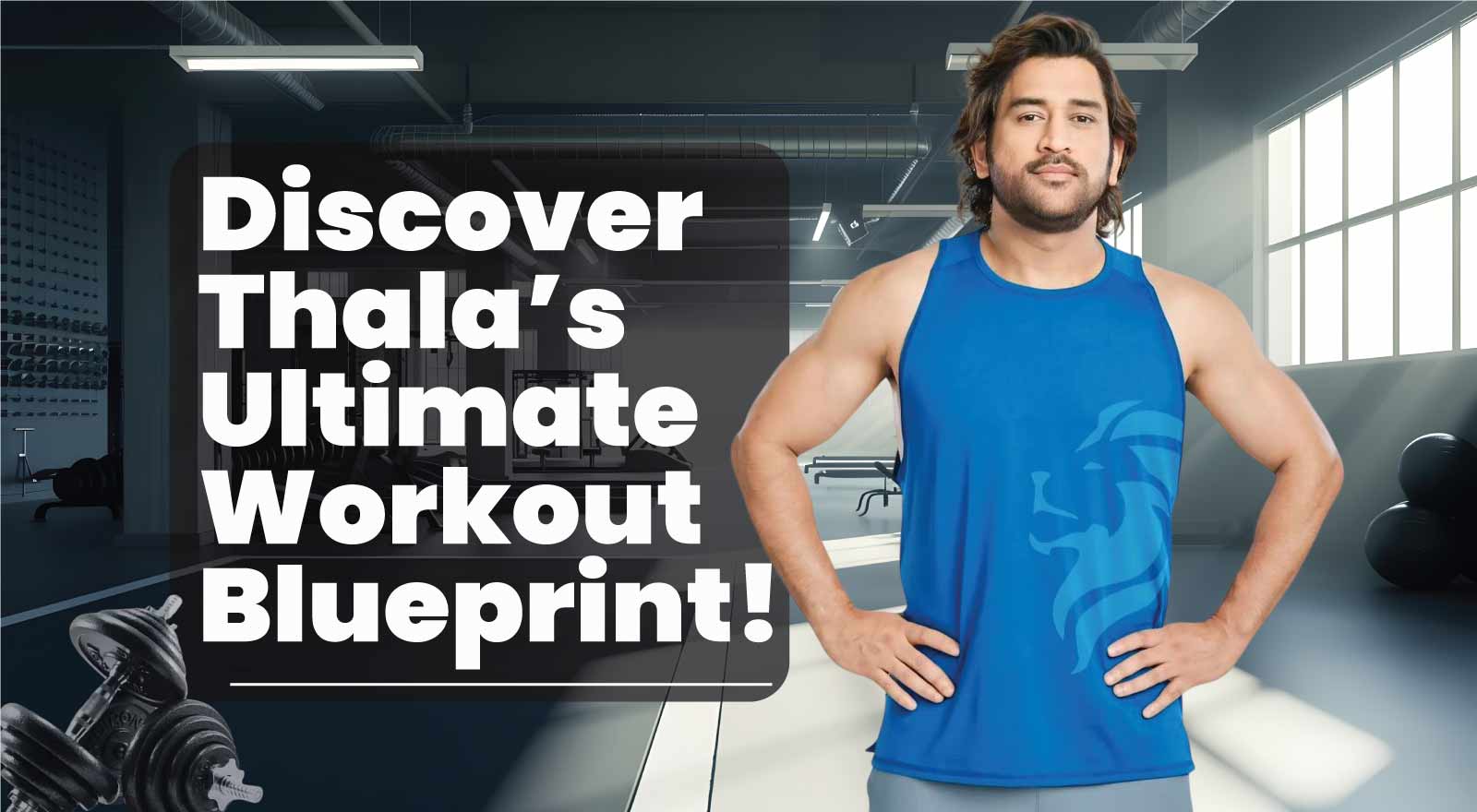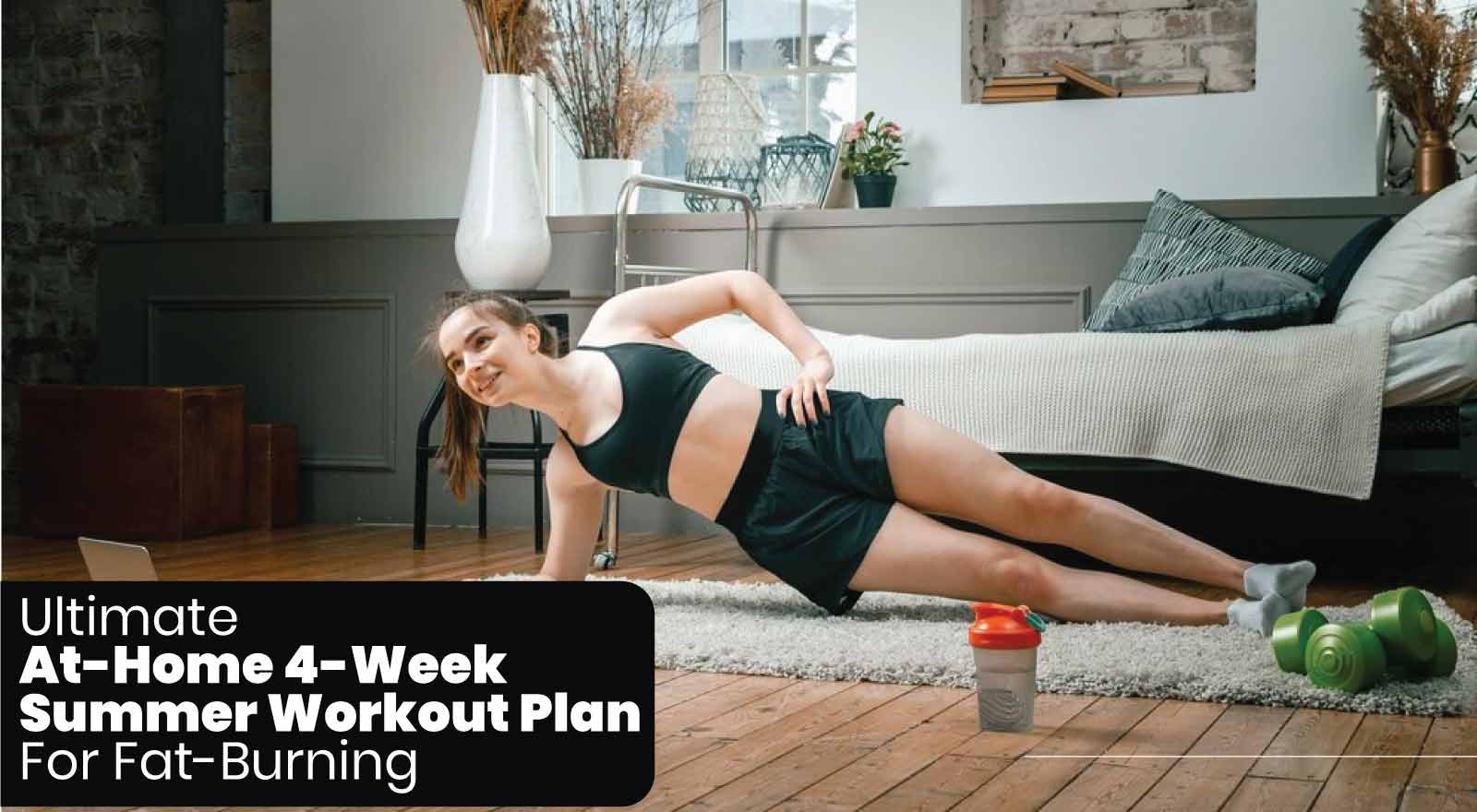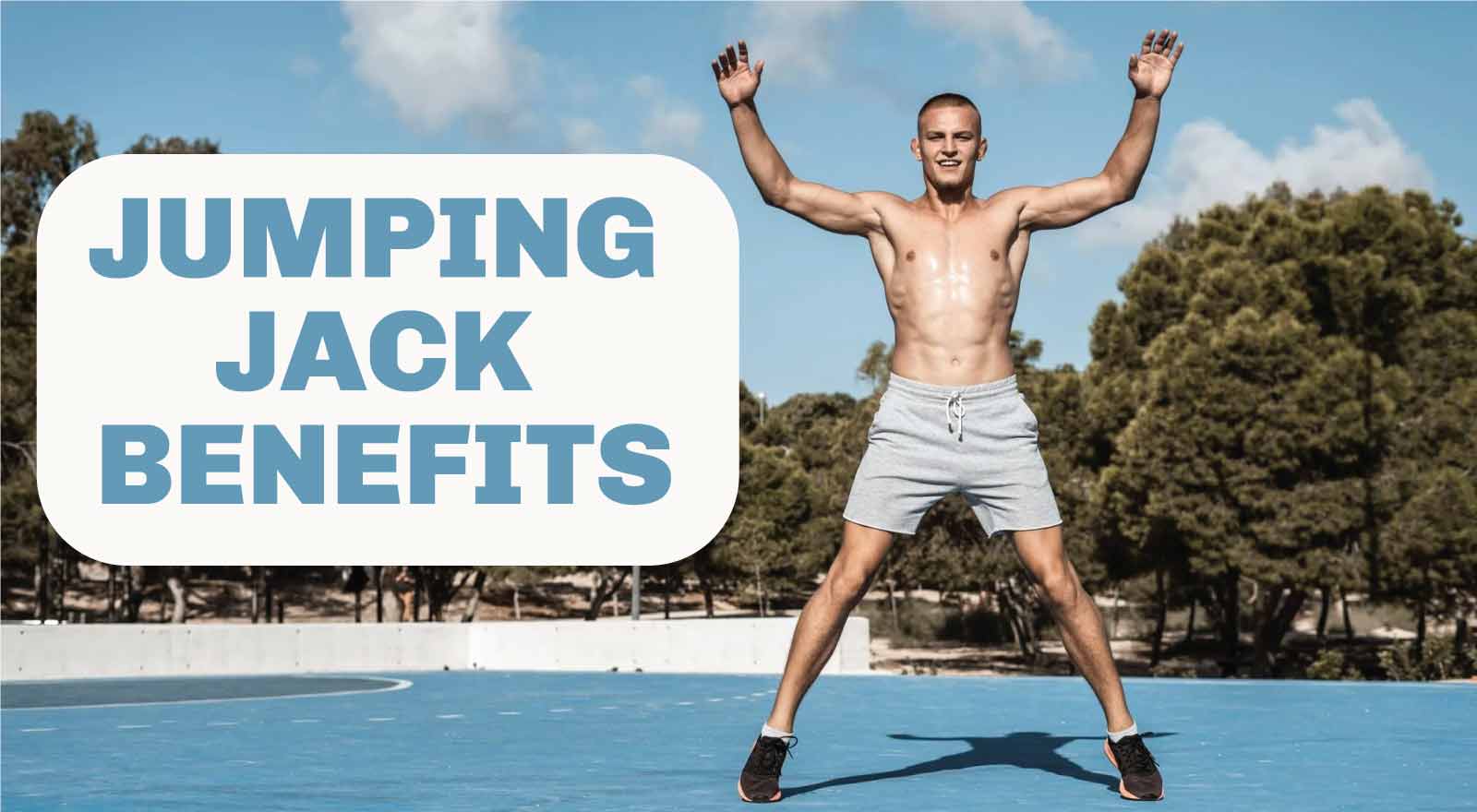You have probably heard the terms "core muscle exercises" and "ab exercises" used interchangeably to describe exercises that target the abdominals. However, core training and abs training are not the same thing. Both are essential to a strong and stable body, but understanding the differences can help you train and strengthen effectively.
Your core muscles are the powerhouse of your body, providing stability and support for everything you do, from everyday activities like walking and bending over to crushing intense gym sessions. But a strong core isn't just about aesthetics (although that sculpted six-pack is a nice bonus!). It can improve your posture, prevent injuries, enhance athletic performance, and even boost your balance and coordination.
This blog will explore the basic anatomy of your abs and core, explain their differences, and discuss various core muscle exercises and effective ways to train your abs for maximum health benefits! Keep reading!
Table Of Contents
- Are Core And Abs The Same?
- What Is The Best Exercise To Strengthen Your Core?
- How Can I Train My Core At Home?
- What Are The 3 Core Muscles?
- What Are The 5 Deep Core Muscles?
- Expert's Advice
- The Final Say
- FAQs
- References
Are Core And Abs The Same?
Abs are the muscles at the front of the abdomen called the rectus abdominis. This muscle is responsible for that coveted six-pack look and is crucial in bending the spine during push-ups and squats. Defined abs are aesthetically pleasing, but focusing only on the abs ignores other vital muscles contributing to overall core strength and stability.
"Core," on the other hand, includes broader muscle groups and the abdominal muscles. Your core includes your abdominal muscles, obliques (side muscles), lower back muscles, and muscles around the pelvis. Your core muscles work together to provide stability and support to your entire body, helping with balance, posture, and overall strength.
Also Read: 10 Dynamic Ab Exercises With Dumbbells For A Sculpted
Difference Between Abs And Core
Your abs are only part of the core muscle group. Consistently working out and training the abs may lead to aesthetic improvement, but it overlooks the functional strength and stability provided by the entire core muscle exercises. Incorporating exercises that target all core muscles, such as planks and bridges, can help you build a solid and stable core for better results—performance in daily activities and training.
What Is The Best Exercise To Strengthen Your Core?
Core muscle exercises require movement of the spine through various movements and complete coordination of the muscles. These movements include flexion, extension, lateral bending, rotation and joint extension. Here are some major core muscle exercises that you can easily do at home without needing equipment:
Exercise | Instructions |
Abs Crunch | Lie on your back with feet against the wall, knees and hips bent at 90 degrees. Cross arms over chest. Lift head and shoulders off the ground. Return to starting position. Lift hips off the floor and repeat. |
Double Leg Ab Press | Lie on the back, knees bent. Lift legs off the floor at a 90-degree angle. Press hands on knees, pulling knees towards hands. Return to starting position. Repeat. |
Quadrupeds | Start on hands and knees. Lift right arm forward and back. Lift right leg back. For more challenges, lift your right arm and left leg simultaneously. Repeat on the other side. |
Modified Plank | Lie on your stomach, forehead and knees on the floor. Place shoulders over elbows. Press elbows and knees together. Return to the starting position and repeat. |
Side Plank | Lie on your left side, prop up with your forearm, and align your hips, shoulders, and knees. Tighten abdominal muscles. Repeat on the right side. For an added challenge, lift your hips and reach your arm toward the ceiling. |
How Can I Train My Core At Home?

Building up a strong core helps you in the gym, play sports, and live your daily life to improve your posture and decrease lower back pain. Some of the top bodyweight core exercises are as follows:
1. Plank
This core strengthening exercise is a great way to begin your journey towards a stronger core. You can adjust the intensity of the exercise based on your comfort level. Start by supporting your lower body on your forearms with your legs behind you, while keeping your back straight and low. Hold this position for as long as you can, and as you improve your core strength, try holding for longer periods of time.
2. Reverse crunch
This exercise increases the strength in your lower abdominal area, helping you focus on this one area if you want a more targeted exercise. Firstly, lie back bending your knees to your chest. Lower your feet slowly to the ground and try to keep them slightly elevated off the ground before bringing your knees back up to your chest.
3. Bird Dog Crunch
This exercise, with an unusual name, is perfect for targeting your lower back. Many of the core exercises that you are used to, which target your abdominal area, can also help your lower back by improving balance and stability. To do this exercise, start by kneeling on all fours. Then, raise your right arm out while straightening your left leg out at the same time. Hold this position for a moment before lowering back down to the ground, then repeat on the other side.
4. Bicycle Crunch – Sitting
Your upper and lower abs will be tested with this crunch, along with your hips! Ensure you don't twist your body too quickly or hard, which could cause injury. Start by sitting slightly, bending at your knees, and bringing your right knee up and your left elbow down towards each other. Repeat this on the other side.
5. Glute Bridge
Glute Bridge targets your hip muscles! This move is easy, so why not add weight and modify it? Lie on your back with your hands on the floor and your feet flat; squeeze your ass when you lift your ass off the floor!
Also Read: 15 High-Impact Standing Ab Exercises For Maximum Core Activation!
What Are The 3 Core Muscles?
Three muscles make up your core and they should be targeted while performing intensive core workouts at home. Let’s have a look at these core muscles:
1. Transversus Abdominis
While other abdominal muscles shape the core, the transversus abdominis is a crucial abdominal muscle in maintaining spine stability. This is so important that when "core" is mentioned, this muscle is often the centre of attention.
It is under the rectus abdominis muscle (known as the sarcoma) and the oblique muscles (on the side of the abdomen). Proper use of the transverse abdominal muscles is essential to increasing abdominal strength, but unfortunately, many people overlook it.
2. Multifidus
The transversus abdominis is a deep muscle in the front of the body, and the multifidus is a deep muscle in the back of the body. In addition to the abdominal muscles, it is essential to strengthen the back muscles, especially the lower ones. Remember that your front and back muscles contribute to core strength and stability. The best exercise to improve your multifidus is the Reverse Plank.
3. Pelvic Floor
The pelvic floor muscles form the core of your core. The pelvic floor plays a crucial role in maintaining the stability of the pelvis and spine because it connects the pelvis to the spine. (The coccyx is the lowest part of the spine.)
Also Read: Unlock Best Exercises For Losing Weight Quickly
What Are The 5 Deep Core Muscles?
Before getting into the various core muscle exercises, here are the five major deep muscle groups that completely cover the internal organs:
1. Transverse Abdominal Muscle
This muscle layer is the deepest. Maintaining internal intra-abdominal pressure and stabilising the trunk are its primary duties. Rectus abdominis is situated in the front of the pelvis between the pubic bone and the ribs.
These muscles have a distinctive bulge known as a "six-pack" when contracted. The rectus abdominis muscle's primary job is to transfer the body from the chest to the pelvis.
2. Oblique muscle
It is on both sides of the rectus abdominis muscle. The external oblique allows the trunk to twist in the opposite direction to the internal oblique, which contracts. For example, the proper external oblique muscle contracts to rotate the body to the left.
3. Internal oblique muscle
It forms the rectus abdominis muscle and is located inside the pelvic bone. It acts in the opposite direction to the external oblique muscles. For example, your left internal and right external obliques must contract together.
4. Quadrature lumborum
The deepest abdominal muscle, the quadratus lumborum, is in the lower back on either side of the lumbar spine. It plays a vital role in stabilising the pelvis while upright standing and helps support the body's core while breathing.
5. Multifidus
The muscle known as multifidus is made up of many tendinous and fleshy fasciculi that line the grooves from the sacrum to the axis on either side of the vertebrae's spinous processes.
Expert's Advice
Building core strength is vital for health and daily well-being. This is because core strength protects the spine, reduces back pain, improves movement patterns, and improves balance, stability, and posture. Many core muscle exercises require only your body weight or simple equipment. The most important thing to remember when teaching students is to perform each exercise in a way that engages your core muscles without using force. You can add these basic exercises to your existing program. If some of these exercises seem too tricky, try a different approach.
Health Expert
Lavina Chauhan
The Final Say
It should now be clear that core muscle exercises and abdominal training are similar but different. In almost every training exercise, your core needs to be activated, and your abs need to be trained to keep your core balanced and looking good. Thinking about muscle fibre direction is an advanced method for training, but developing this skill will undoubtedly take your training to the next level.
FAQs
1. Which workouts are regarded as the best core strength exercises?
Here are the best exercises to strengthen core muscles:
- Plank
- Crunch
- Bicycle crunch
- Rotational exercises
- Glute bridge
- Bridge
- Side Plank
2. Can you list some easy core muscle exercises for a beginner?
Here is a list of some core routines for beginners:
- Pallof press
- Hanging leg raise
- Plank on knees
- Single Leg Stretch
- Leg raise
- Side plank dip
- Plank knee taps
- Bent-leg raise
- Kettlebell swing
- Kettlebell goblet squat
- Overhead squat
3. What are the core muscle exercises for seniors?
Here are some core muscle exercises at home for seniors:
- Seated side bend
- Bird dog exercise
- Seated knee lift
- Standing leg lift
- Seated leg lift
4. How are core muscle exercises with weights beneficial?
Strengthening your abs or core muscles will have a positively ripple effect on your other muscles and workouts as you gain strength. Your core stabilises your spine for big-time lifts and to help reinforce excellent posture.
5. What are the best abdominal and core workouts?
Here is a list of the best abdominal and core exercises:
- Crunch
- Plank
- Pilates
- Reverse crunch
- Dead bug
- Bicycle crunch
- Oblique crunch
- Russian twist
References
- https://studiokinetic.co.za/the-3-core-muscles/
- https://www.betterhealth.vic.gov.au/health/conditionsandtreatments/abdominal-muscles
- eep%20Core%20Stability%20Muscles&text=Deep%20within%20our%20lower%20spine,pelvic%20floor%20muscles%20(PF).
- https://www.christinacarlyle.com/deep-core-exercises/
- https://www.pelvicexercises.com.au/core-strengthening-exercises/
About ToneOp Fit
ToneOp Fit is a platform dedicated to improving and maintaining good health through a comprehensive range of goal-oriented health plans with up to 3 Coach support. With a range of Weight Management, Medical Condition, Detox Plans, and Face Yoga Plans, the app also provides premium health trackers, recipes and health content. Get customised diet, fitness, naturopathy & yoga plans and transform yourself with ToneOp.













